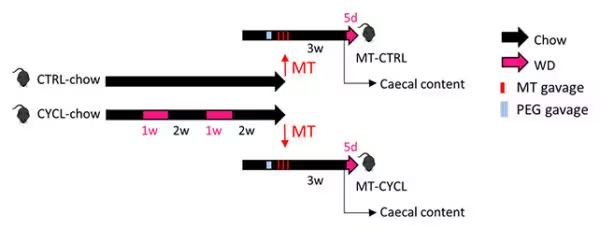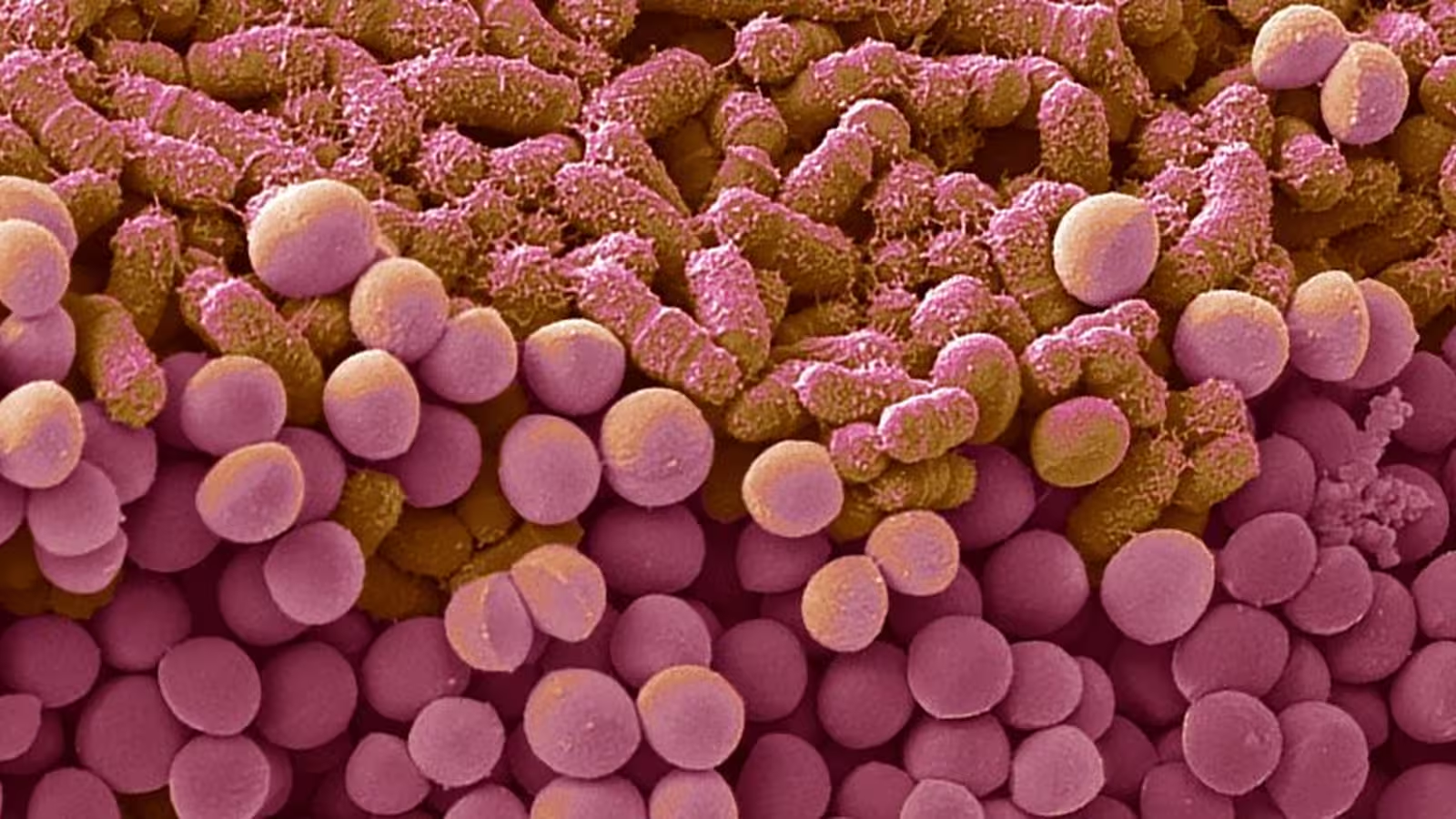4 Minutes
Understanding Yo-Yo Dieting and Its Biological Impact
Yo-yo dieting, also known as weight cycling, is a common struggle for individuals trying to maintain long-term healthy eating habits. Characterized by repeatedly losing and regaining weight, this pattern has often been linked to negative health outcomes. Now, groundbreaking research sheds new light on how these repetitive diet changes may fundamentally alter the gut microbiome—the diverse community of bacteria residing in our digestive tract.
The Gut Microbiome's Role in Eating Behavior
A recent study led by scientists from the University of Rennes and Paris-Saclay University in France explored the biological consequences of yo-yo dieting using controlled experiments on mice. The animals alternated between a balanced diet and one high in fat and sugar, mimicking unhealthy Western eating patterns. The researchers observed that reintroducing the high-calorie diet caused the mice to engage in binge-eating behaviors, suggesting that cycling between different diets may disrupt normal appetite regulation.
Experimental Findings: Lasting Microbial Shifts and New Eating Patterns
Critically, repeated exposure to alternating diets triggered persistent changes in the gut microbiota composition of the mice. These changes were not limited to the original group; when gut bacteria from diet-cycled mice were transplanted into non-dieting mice, the recipients also exhibited binge-eating tendencies. This supports the hypothesis that shifts in the gut microbiome itself can promote disordered eating patterns—a finding with significant implications for nutrition science and obesity research.
As stated by the researchers in their published study, "Alternation between high-energy and standard diets durably remodels the gut microbiota toward a profile that is associated with an increase in hedonic appetite and weight gain." This suggests that the reward system in the brain may be rewired by diet-induced changes in gut bacteria, influencing individuals to eat for pleasure rather than hunger.

Scientific Context and Broader Health Implications
The human gut microbiome has a profound impact on overall health, influencing everything from immune response to neurobiology and metabolic risk. Changes in this internal ecosystem—whether by disease, diet, or environment—can alter brain activity and propensity for chronic conditions such as obesity. The new study underlines the potential of gut bacteria to not only affect metabolic function but also to modulate food reward mechanisms, making sustained weight maintenance increasingly difficult after cycles of restrictive dieting.
It's important to note that while the results were observed in mice, they offer a powerful model for understanding how similar processes might occur in humans. The researchers caution that more investigation, especially in human subjects, is necessary to fully elucidate the gut-brain pathways involved in this diet-induced behavioral shift.
"Weight maintenance during restrictive yo-yo dieting might be impeded not only by metabolic adaptations but also by modified food reward-related processes," the research team notes. These findings point toward innovative therapeutic targets focused on the gut microbiome to support healthier eating patterns and combat obesity.
Future Directions in Microbiome Research
Advancing this line of research could involve deeper analysis of the specific bacterial populations altered by yo-yo dieting and identifying the molecular signals that link gut microbes to brain reward centers. Human clinical trials will be essential to confirm and expand upon these intriguing animal results. Ultimately, understanding the gut-brain connection opens the door to more effective strategies for sustaining healthy eating habits and managing weight.
Conclusion
This new evidence suggests that the cycle of losing and regaining weight reshapes the gut microbiome in ways that may reinforce problematic eating behaviors. By highlighting the intricate links between diet patterns, gut bacteria, and brain function, the study lays the groundwork for novel interventions targeting the gut microbiome. As scientists continue to unravel how our microbial communities shape our appetites and overall health, these discoveries could help transform the treatment and prevention of obesity worldwide.
Source: advanced.onlinelibrary.wiley



Comments